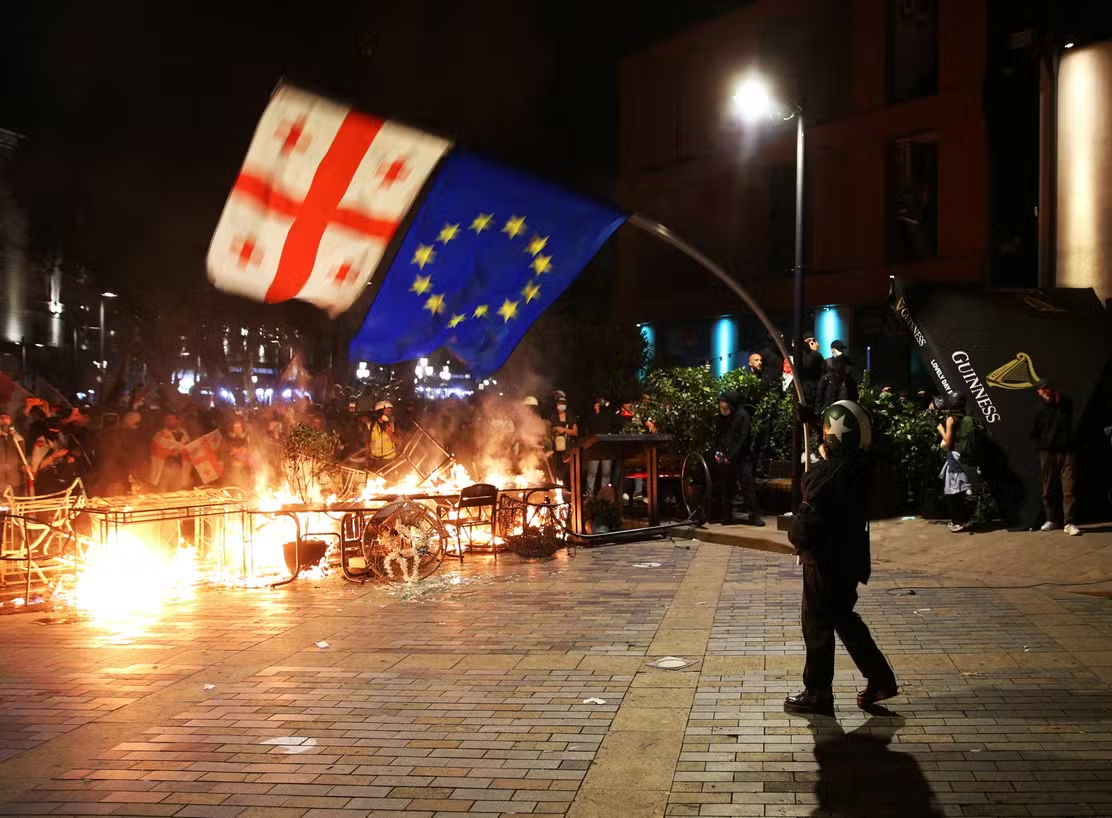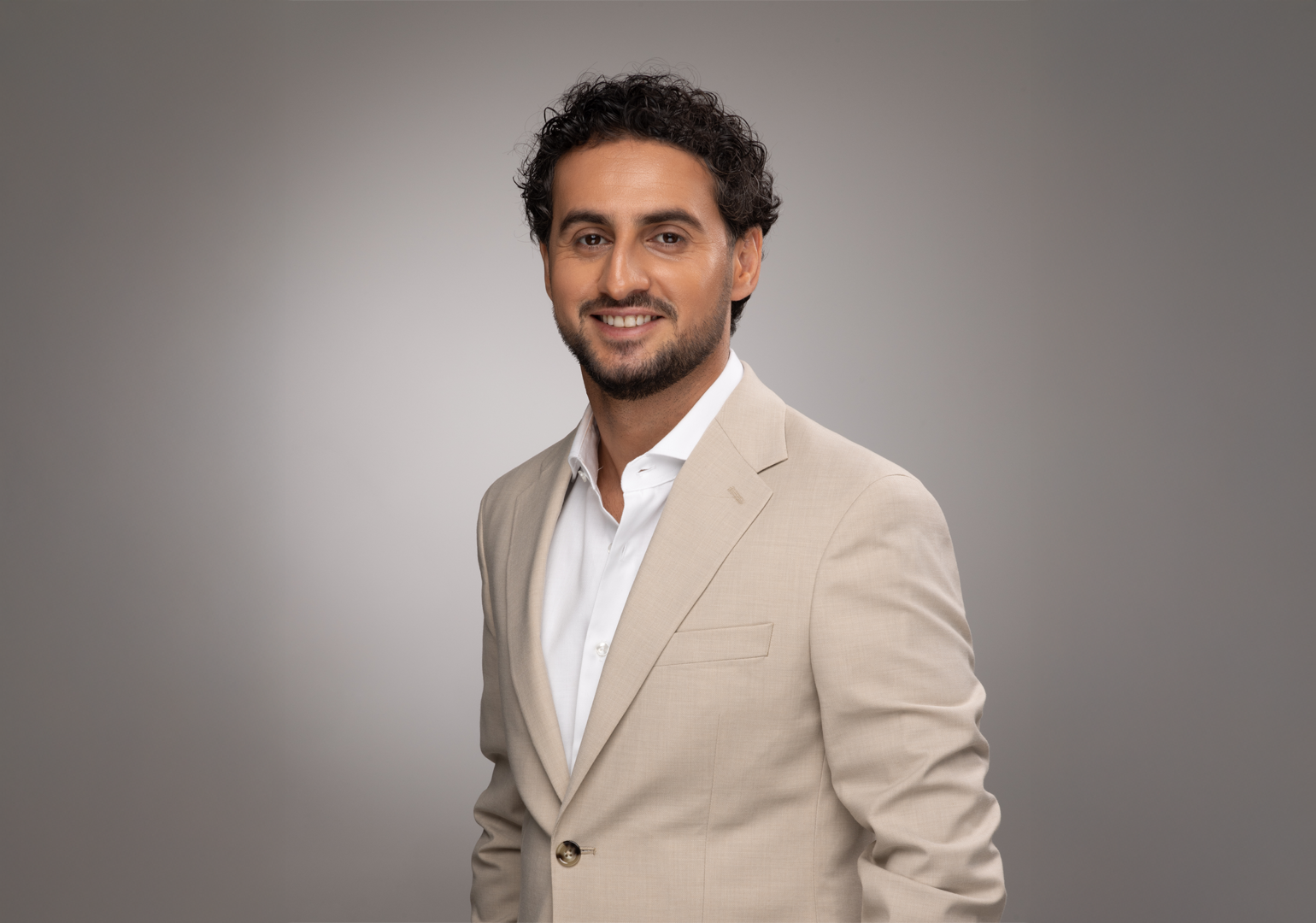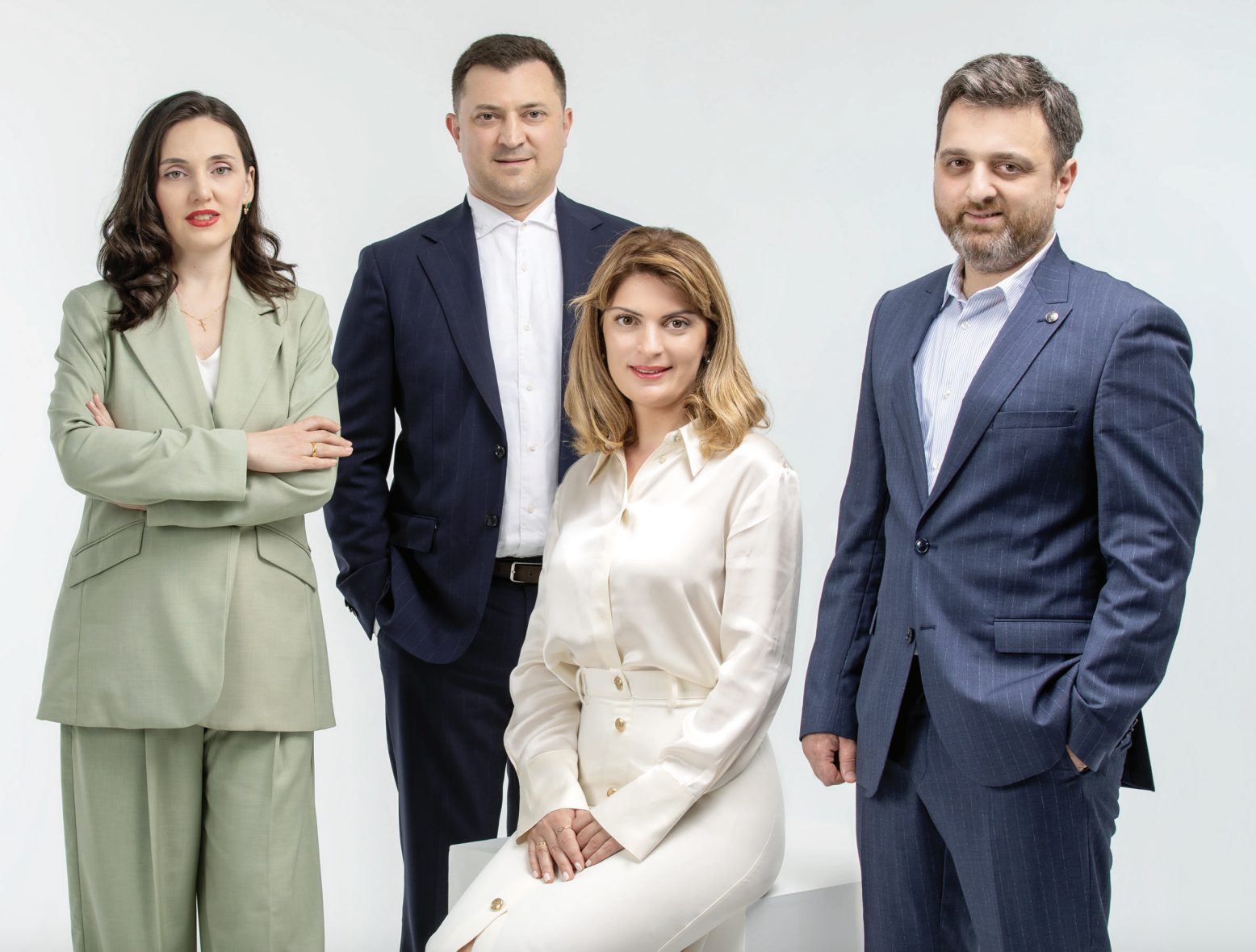October 4, 2025 – Georgia’s municipal elections ended with the ruling Georgian Dream party winning all 64 municipalities amid the lowest voter turnout in 35 years. International observers were scarce, key opposition leaders remained imprisoned, and protests continued in central Tbilisi.
Georgia entered the 2025 municipal elections amid deep political polarization and growing tension with Western partners. The government’s handling of international observation became one of the first signs of controversy. On June 18, officials announced that Georgia would not invite international observers to monitor the vote, breaking more than two decades of established practice.
Two months later Georgian Dream Prime Minister Irakli Kobakhidze reversed the decision, saying Georgia would invite the OSCE Office for Democratic Institutions and Human Rights (ODIHR) “to leave no questions about the elections.”
Government officials said the invitation demonstrated Georgia’s openness. Critics argued it was a symbolic gesture designed to appear transparent while avoiding full scrutiny.
Maria Telalian, Director of the OSCE Office for Democratic Institutions and Human Rights (OSCE/ODIHR), stated that “regrettably, the Georgian authorities’ decision to invite us at such a late stage prevents meaningful observation.”
The OSCE/ODIHR stated that “transparent and credible election observation requires thorough preparation and an ability to access key stages of the election process, in line with our comprehensive methodology,” which can’t be applied within the short time frame. Director Telalian expressed hope to continue cooperating with local civil society organizations.
Voter Turnout and Results
According to the Central Election Commission (CEC), nationwide turnout was 41%. In Tbilisi, it was 31% — the lowest since 1990. Despite the low participation, mayor Kakha Kaladze won with 71.5% of the vote.
CEC data shows that Kaladze received roughly the same number of votes as in 2021 but in 2025 this represented a much larger share due to reduced turnout. Georgian Dream won 81% of the total vote and secured control of all municipalities and mayoral positions.
Opposition figures described the results as mathematically inflated by voter apathy and political pressure. Government representatives called them “a confirmation of public confidence.”
Observer Presence
The CEC registered 81 international observers from 28 organizations — thirteen times fewer than the 1,024 who monitored the 2021 elections. ODIHR, the European Union, and other traditional partners were absent.
Among those present, the largest contingent — 20 observers — was from ALTERFACT, a Serbian organization. Hungarian entities, including the Center for Fundamental Rights, also sent representatives. Several observers previously monitored elections in Russia and Hungary and had publicly supported their governments’ electoral practices.
Pro-government media highlighted the presence of “international observers” from countries such as France and the United States. However, many were private individuals or members of organizations with no recognized election-monitoring credentials.
Opposition parties and watchdogs alleged the presence of “fake observers”— individuals presenting themselves as neutral but promoting favorable assessments. The government denied the claim, stating all observers were properly accredited.
Election Day Demonstrations
While turnout at polling stations remained low, large number of protesters gathered at Freedom Square in central Tbilisi, declaring the government illegitimate and calling for a “transitional administration.”
The Politician / Opera singer Paata Burchuladze read what became known as the October 4 Declaration, stating that “power belongs to the Georgian people” and announcing a “transitional period.” The statement listed several government figures the group said should face prosecution.
Later that evening, groups of demonstrators moved toward the presidential residence on Atoneli Street. According to the Ministry of Internal Affairs, several individuals broke through the fence surrounding Orbeliani Palace. Police used pepper spray and water cannons to disperse the crowd.
Officials described the events as an attempted coup. Organizers said it was a symbolic act aimed at reclaiming state institutions.
Police arrested several protest leaders, including Burchuladze and former prosecutor Murtaz Zodelava, charging them with attempting to overthrow the constitutional order. Judge Lela Maridashvili ordered pre-trial detention for all five main organizers. Opposition lawyers requested her recusal, citing her past affiliation with Georgian Dream. The court denied the request.
In the days that followed, dozens more protesters were detained. As of October 14, at least 36 individuals faced charges under articles related to “organizing group violence” and “attempting to seize state power.”
The Ministry of Internal Affairs said investigations were ongoing. Georgian Dream Prime Minister Irakli Kobakhidze stated that “many more” arrests were expected.
Protests have continued nightly near parliament, though with declining attendance and increased police presence.
Political Context and Opposition Boycott
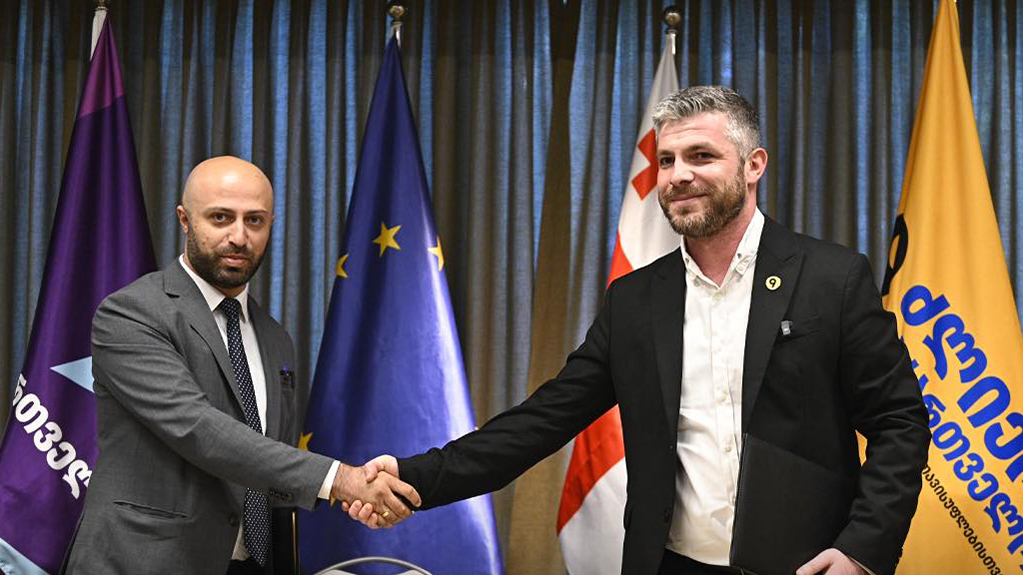
Initially, several major opposition parties announced they would boycott the municipal elections. Among them were Strong Georgia – Lelo, For the People, For Freedom! (8.8%) and Gakharia for Georgia (7.77%) — both of which had crossed the 5% threshold in the 2024 parliamentary elections.
Later, both parties reversed their positions. Lelo called the boycott a “big political mistake” and declared its participation, while former Prime Minister Giorgi Gakharia’s party was the first to lift the boycott, confirming it would compete in the local races.
As a result, a total of 12 political parties were registered for the October 4 elections. Apart from Georgian Dream, Lelo, and Gakharia for Georgia, none had surpassed the 5% threshold in the previous parliamentary elections.
At the same time, opposition leaders announced a large-scale rally in Tbilisi on election day, describing it as a “peaceful action to change the government.”
Several prominent opposition figures remained in prison during the campaign period, including Elene Khoshtaria, Nika Gvaramia, Nikanor Melia, Zurab Japaridze, Irakli Okruashvili, and Givi Targamadze. Shortly before the vote, Georgian Dream–elected President Mikheil Kavelashvili pardoned Lelo leaders Mamuka Khazaradze and Badri Japaridze, a move that analysts described as politically motivated to reward the party’s decision to participate.
For the first time in Georgia’s modern history, the country’s three main election watchdogs — Fair Elections, Transparency International Georgia, and the Georgian Young Lawyers’ Association — refused to observe.
In separate statements, they cited an “unfavorable environment for free and competitive elections” and government pressure on NGOs and the media. Transparency International noted that “key conditions for credible observation are no longer met.”
Background: A Year of Protests
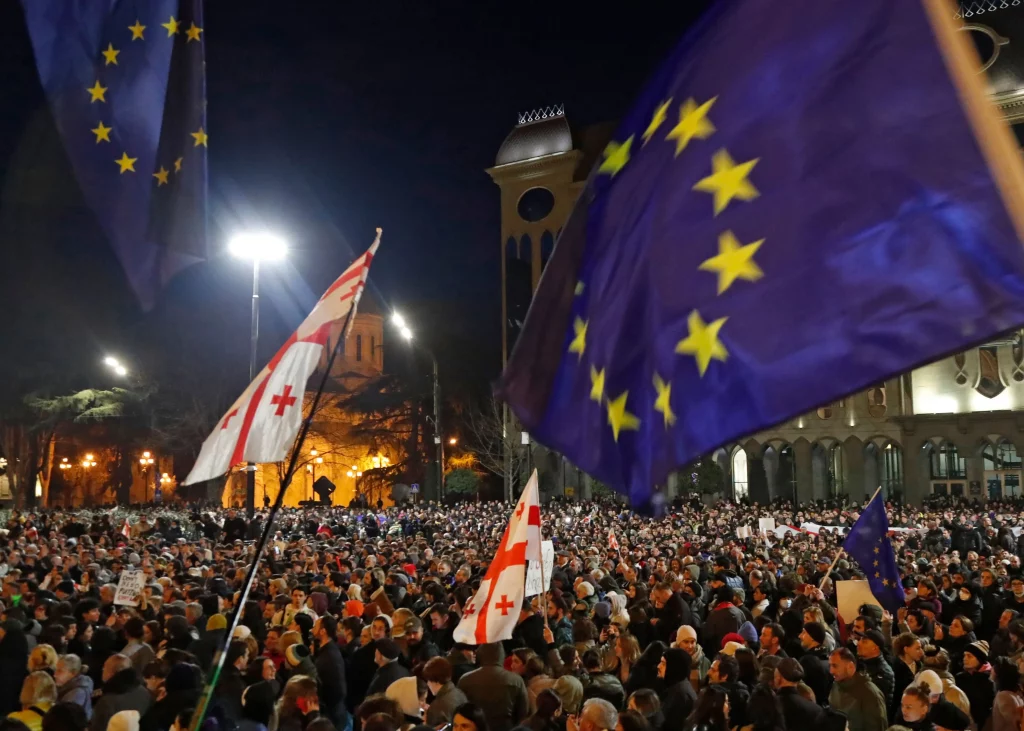
The vote took place against the backdrop of continuous demonstrations that began in November 2024, after Georgian Dream announced it would suspend EU accession talks until 2028. Protesters accused the government of violating Article 78 of the Constitution, which commits Georgia to European integration.
Rights groups documented repeated use of tear gas and water cannons against protesters, mass arrests, and reports of mistreatment in detention. According to local NGOs, more than 500 people had been detained since the start of protests.
Ahead of the election, Amnesty International warned that the vote would occur “against the backdrop of harsh political repression against opposition representatives and civil society.” Several opposition leaders remained in prison, including Elene Khoshtaria, Nika Gvaramia, and Nikanor Melia.
Reactions from Europe were overwhelmingly critical. EU foreign policy figures, including Estonia’s Prime Minister Kaja Kallas and Slovenia’s Foreign Minister Marta Kos, said that “months of raids on independent media, the passing of laws targeting civil society, the jailing of opponents and activists, or amendments to the electoral code favouring the ruling party” had “drastically reduced the possibility of competitive elections.” They described the refusal to invite ODIHR in due time as having “undermined transparency” and noted that domestic organizations had refrained from observing “due to the repressive environment.”
The foreign ministries of Lithuania, Latvia, Estonia, the Czech Republic, Norway, Sweden, and Finland issued similar statements, calling the elections “a setback for democracy,” “a sad day,” and “neither free nor fair.” They urged calm, restraint, and dialogue while calling for the release of detained opposition leaders and for authorities to respect freedom of assembly and expression.
The Council of Europe’s Congress of Local and Regional Authorities said it “deeply regretted” Georgia’s decision not to invite its observers for the first time in decades and urged the government to restore democratic election standards in line with Venice Commission recommendations. The OSCE/ODIHR expressed concern over “the rapid deterioration of the democratic and human rights environment” and called on Georgian authorities to ensure civil society could operate freely.
Within the EU, only Hungary broke ranks. Foreign Minister Péter Szijjártó congratulated Georgian Dream on its “landslide victory,” describing the ruling party as “patriots” and dismissing Western criticism.
As of mid-October, both the protests and arrests continue.
